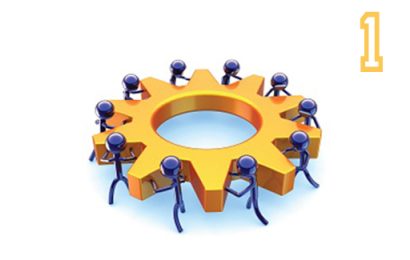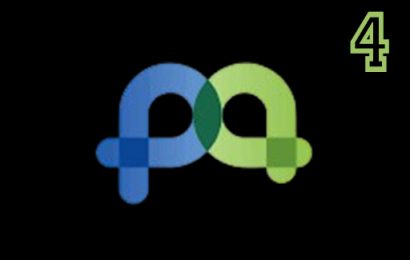
- Quizzes: 10
Human Resource and Talent Management (HR and TM) has evolved significantly over the years, shifting from a primarily administrative role to a strategic partner within organizations. Historically, HR focused on administrative tasks like hiring, payroll, and compliance. However, as businesses recognized the critical role of human capital in driving performance, HR transformed into talent management, concentrating on attracting, developing, and retaining skilled employees.
Human Resource Management has evolved significantly from its early roots in industrial welfare and scientific management. In the late 19th and early 20th centuries, HRM focused on worker welfare, labor relations, and productivity improvements. With the rise of large-scale industries, theories like Taylor’s Scientific Management and the Human Relations Movement by Elton Mayo emphasized efficiency and employee motivation.
The emergence of Talent Management in the 1990s brought forward a more proactive approach to employee growth, emphasizing aligning individual potential with organizational goals. Key practices in this field include recruitment, employee development, performance management, and succession planning. HR and TM are now focused on cultivating a positive organizational culture, fostering employee engagement, and supporting leadership development.
In practice, effective HR and Talent Management involve leveraging technology for recruitment, performance tracking, and employee feedback. Companies are increasingly investing in data analytics to identify trends, improve retention, and forecast talent needs. HR professionals must possess a blend of strategic insight, interpersonal skills, and adaptability to succeed in today’s fast-paced business environment. Ultimately, HR and TM’s evolution reflects the recognition that a motivated, capable workforce is central to an organization’s success and sustainability.
Curriculum
- 2 Sections
- 0 Lessons
- Lifetime
- Notes0
- MCQ10
- 2.1Accounting principles & standard, preparation of financial statements10 Minutes20 Questions
- 2.2Accounting Terms and Equations, Ledger and Journal, Trial Balance10 Minutes20 Questions
- 2.3Financial statements analysis – ratio analysis, funds flow and cash flow analysis, Du pont analysis10 Minutes20 Questions
- 2.4Preparation of cost sheet, marginal costing, cost volume, profit analysis10 Minutes20 Questions
- 2.5Costing and variable analysis10 Minutes20 Questions
- 2.6Inventory valuation and depreciation10 Minutes20 Questions
- 2.7Mental costing10 Minutes20 Questions
- 2.8Labour costing and overhead costs10 Minutes20 Questions
- 2.9Cost sheet preparation10 Minutes20 Questions
- 2.10International accounting standards10 Minutes20 Questions






